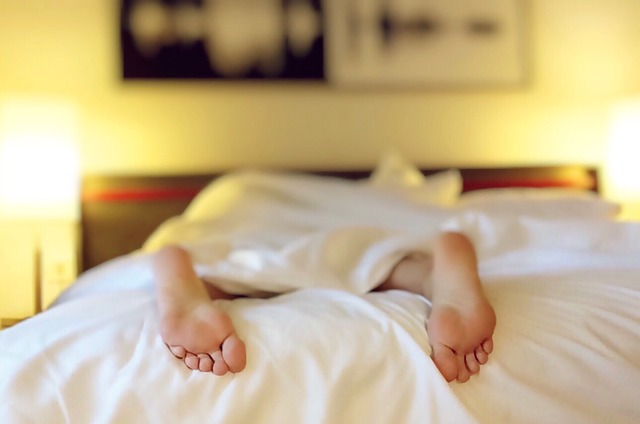When women get to a certain age, they start going through menopause. During this time of your life, you go through various hormonal and physical changes, including mood swings, night sweats, a change in your weight and metabolism, and an end to your period. Among these other changes in your body, you might also start experience a disruption in your normal sleep pattern.
What is Menopause?
During menopause, your reproductive hormones slow down, which is when you typically stop menstruating and no longer have a menstrual cycle each month. This often happens gradually, with perimenopause first. This is often referred to as a transition phase, in which your progesterone and estrogen starts declining gradually, starting in your 40s (for most women). Full menopause is usually reached by the type you are 50, though of course this can vary a lot.
With the changes in your hormone levels, your body and mental health goes through a lot of changes as well, including lack of sleep, increased anxiety and depression, mood swings, hot flashes, and many other physical symptoms.
How Does it Affect Your Sleep?
The first thing you should know is that just because you are a woman around these ages with sleeping issues, doesn’t necessarily mean it is from menopause. That is simple one of the factors. However, if you are struggling with sleep deprivation around the time you started menopause, they are probably linked.
Your body is going through a major change during this time in your life. You just went through 40 or more years of having monthly menstrual cycles and a certain hormone level, so to suddenly have those drop, your body is going to need time to adjust.
The good news is that the insomnia won’t last forever, and there are quite a few things you can do to get better sleep.
What Can be Done About it?
When you go through menopause and have trouble sleeping, there are a few things you can do. Many of these are simple lifestyle changes that might also help with some of your other symptoms as well.
Improve your sleep habits – Start by focusing on sleep hygiene, which includes different habits that can help you get better sleep. Have a quality mattress and bedding, make sure your bedroom is calm and peaceful, and start winding down before bedtime so you are fully relaxed and ready for sleep.
Get regular exercise – Getting regular exercise is really important no matter your age, but especially during menopause. It can help with your cardiovascular health, reduce feelings of anxiety and depression, and help you sleep better at night.
Eat a healthy diet – Make sure you eat a well-balanced diet with essential vitamins and minerals. You want to have plenty of nutrients through a healthy diet, without too many food restrictions. Don’t focus on weight loss during this time, but instead on having the healthiest possible meals and snacks.
Reduce your stress levels – You might be feeling an increase in your stress levels ever since you started menopause. You can relieve your stress through exercise, meditation and mindfulness, and a simple change in your daily lifestyle habits.
If your sleep issues persist, it is a good idea to talk to your doctor. You might have sleep disorders like insomnia or sleep apnea that is the cause for your sleep issues, whether during menopause or not.

